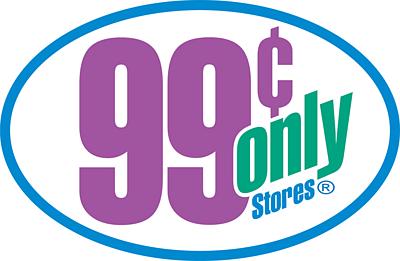It has always been well known to marketers that pricing goods at 99 cents is a great tool in psychology pricing to boost sales of products on the shelf. From local convenience stores to national products, we see products everywhere that cost $9.99, $99.99. The 99 cents are everywhere. The reason for this pricing is because consumers tend to judge a product’s price by looking at the left-most digit. If the product is sold at $99.99 instead of $100.00, there is a psychological effect where consumers tend to treat this product as being worth $90 instead of $100, although the difference is only by 1 cent. Previous studies have shown that this strategy of pricing actually works, and the benefits of increased sales from this type of pricing outweigh the costs of losing one cent per product.
However, it could be argued that times have changed and that consumer preferences may have changed too. Robert Schindler, a professor at the Rutgers School of Business-Camden has suggested that “when consumers care more about product quality than price, just-below pricing has been found to actually hurt retail sales.” This could be argued to be true, as consumers become more adept in understanding the psychological effects of 99 cent pricing. Moreover, the market has also changed from the marketing era in the 80s to a new environment where consumers demand greater services than just the product itself. Pricing may no longer be the utmost priority of consumers, with the preference of quality products playing a bigger role. For example, if I am going to invest on a new high quality sedan like a BMW or Mercedes, I do not expect these automotive manufacturers to use this type of pricing. I purchase their motor vehicles because of their high quality and performance. If they use such psychological pricing, I would regard the manufacturers as a lower quality brand and it would negatively affect my desire to purchase cars from this brand.
Moreover, as governments around the world are finding the penny to be too expensive to produce and are abolishing the penny altogether in their currency systems, products are being rounded to the closest five cent intervals. Consumers now know that they don’t even save a penny from purchasing the product as the price is rounded. This would be a further setback to such psychological pricing as there are no more actual benefits to the pricing anymore, only the psychological effect left. I believe that in the future it is questionable if such psychological pricing will be effective anymore. Will the 99 cents strategy continue to prosper in this new era or will there be an all new marketing strategy to replace it altogether?
Article on Professor Robert Schindler’s Study on 99-Cent Pricing


